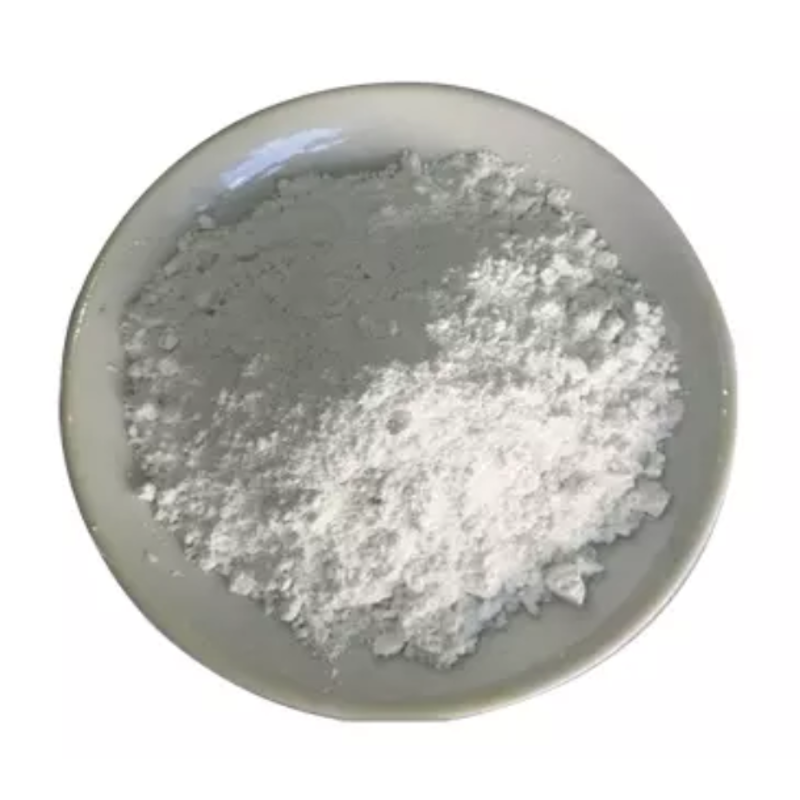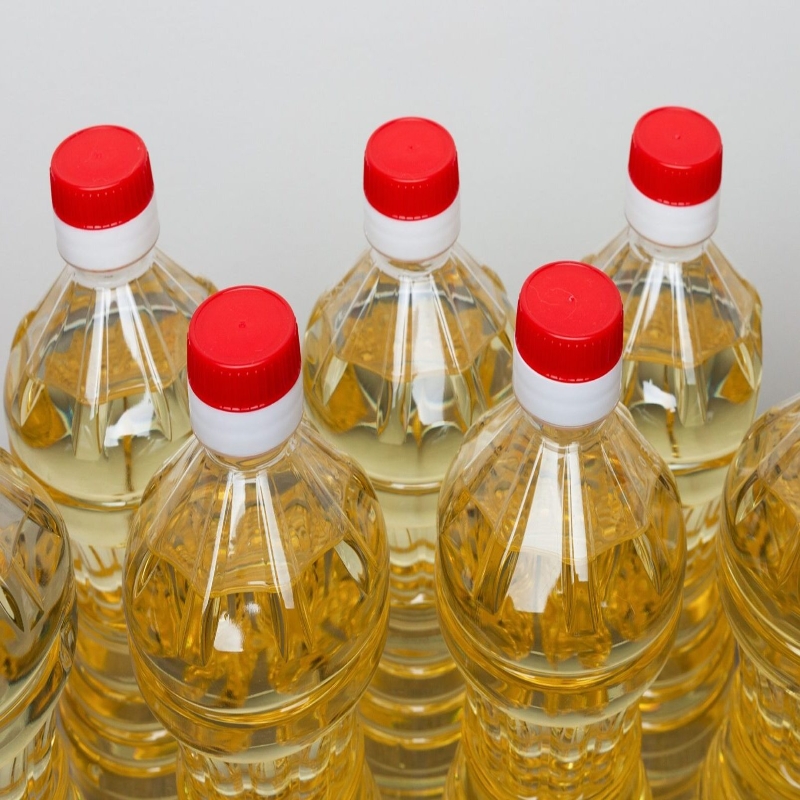-
Categories
-
Pharmaceutical Intermediates
-
Active Pharmaceutical Ingredients
-
Food Additives
- Industrial Coatings
- Agrochemicals
- Dyes and Pigments
- Surfactant
- Flavors and Fragrances
- Chemical Reagents
- Catalyst and Auxiliary
- Natural Products
- Inorganic Chemistry
-
Organic Chemistry
-
Biochemical Engineering
- Analytical Chemistry
-
Cosmetic Ingredient
- Water Treatment Chemical
-
Pharmaceutical Intermediates
Promotion
ECHEMI Mall
Wholesale
Weekly Price
Exhibition
News
-
Trade Service
Recently, more and more
foods marked as "zero addition" on the market.
In some supermarkets in Beijing, many soy sauce and other condiments are prominently marked with "zero addition" on their packaging, and the same words are also marked on
the packaging of snack foods and dairy products.
So, are processed foods labeled "zero addition" really safe? In this regard, some experts clearly said that the complete use of food additives is difficult to achieve in modern food processing, and zero-added food is not a food safety "excellent student"
.
"Zero addition" is difficult to achieve in modern food processing
"Labeling 'zero addition' on food labels is a way for manufacturers to cater to consumers' psychology of 'not liking food additives', which does not solve the food safety problem, but is easily counterproductive
.
" Unless deliberate, it is difficult to do without food additives at all in modern food production, and many foods cannot be done even if deliberately, such as tofu products, beer, cola, chewing gum, infant formula, etc
.
The legal use of food additives plays a role in ensuring food safety, and 'zero addition' food can never become 'excellent students'
in terms of safety.
Sun Baoguo, an academician of the Chinese Academy of Engineering, said
a few days ago.
Professor Fan Zhihong of the College of Food Science and Nutritional Engineering of China Agricultural University also believes that "if you want to eat processed foods, it is difficult to avoid the intake of food additives, and even some foods cannot be produced without the help of food additives
.
" ”
"Individual food companies deliberately emphasize 'zero addition', no food additives, no flavors, no coloring, etc.
, regardless of their subjective wishes, objectively smearing food additives and aggravating public concerns about food additives, which is what relevant food companies need to reflect
.
" Sun Baoguo said
.
"Food that does not use food additives at all is difficult to find in the modern food industry environment, at least not at all in the entire production process without processing aids
。 For example, even brewed soy sauce that claims 'zero addition', in the production process, filter aids, ethanol and other processing aids used in the food industry will be used to ensure the normal progress of food production and inhibit the growth of microorganisms, and processing aids used in the food industry are also managed as food additives, that is, according to the "National Food Safety Standard Prepackaged Food Labeling General Rules" (GB7718-2011), processing aids used in the food industry do not need to be labeled
.
Professor Cao Yanping of the School of Food and Health of Beijing Technology and Business University said
.
In fact, at present, some domestic companies for the brewing industry to develop special enzyme preparations for brewing soy sauce, also belong to the food industry processing aids, common fungal α-amylase, complex protease, cellulase, phytase, pectinase and so on
.
This has also become a new track
for these condiment companies to compete.
Relevant laws and regulations need to be strengthened
Cao Yanping pointed out that China's National Food Safety Standard Standard for the Use of Food Additives (GB2760-2014) stipulates that the use of food additives: should not cause any health hazards to the human body; Food spoilage should not be masked; Quality defects in the food itself or during processing should not be concealed or food additives used for the purpose of adulteration, adulteration or forgery; The nutritional value of the food itself should not be reduced; Reduce the amount of food used in food
as much as possible while achieving the desired goal.
The food safety risk assessment of food additives carried out in China when setting the maximum amount of each food additive will consider the situation
of people of different ages, regions and genders who eat a variety of foods a day and consume them for a long time.
"In the toxicology of food additive safety evaluation, the problem of 'long-term' is also considered, and the dose that does not produce any adverse effects is obtained through animal experiments, and then divided by the protection factor (generally 100 times) as a safe
dose for humans.
Among them, 'long-term' is measured by the length and intensity of 'life' and 'daily', plus the above insurance coefficient, as the scientific basis for formulating standards, so as long as it is used according to the standard, its safety is not a concern
.
Zhong Kai, director of Kexin's Food and Health Information Exchange Center, said
.
Industry insiders believe that consumers' concerns about food additives to a certain extent project consumers' anxiety
about the overall food safety problem.
From this point of view, when the overall food safety problem of society is further improved, consumers' unnecessary concerns and misunderstandings about food additives should also be further alleviated
.
In addition, some unreasonable advertising may also cause certain misleading
to public opinion and consumers.
Sun Baoguo believes that when more and more food violations claim "zero addition", "no additives", "no preservatives", "no flavor", "no saccharin" and "no coloring", consumers will take it for granted that the use of food additives will bring food quality and food safety problems
.
Therefore, in this regard, it is necessary to strengthen the implementation of relevant laws and regulations, so as not to let some enterprises exploit the loopholes of the regulations
.
Industry insiders pointed out that what must be faced squarely is that the public's scientific understanding of food additives must have a process
.
After all, different consumers have different levels of scientific literacy and culture, and it cannot be expected that the scientific understanding of food additives in society can be greatly improved in a short period of time
.
Therefore, there is still a lot of work to be done
to increase the popularization of social science in related aspects.
In this regard, it is necessary to unite social forces, including enterprises, regulatory authorities, media, etc.
should play their respective roles and make more efforts
.
In particular, from the perspective of responding to consumer expectations, so that the standards are clearer, the information is more transparent, and the use is more standardized, consumers can have more rational cognition of food additives, and then be more assured
.
(Zhou Yan comprehensive finishing)
China Food News(Version 03, December 02, 2022)
(Responsible editor: Zhou Yan).







